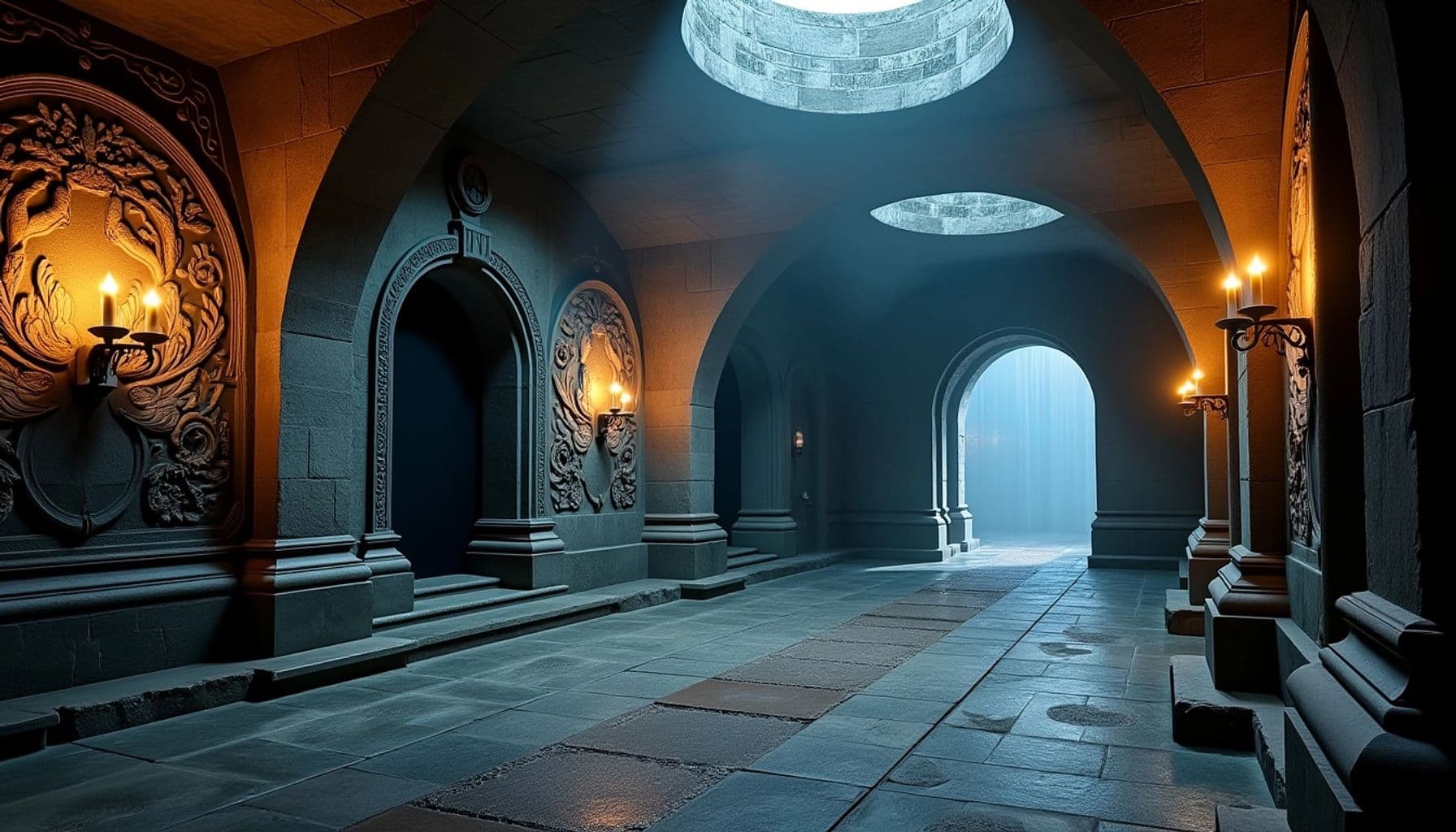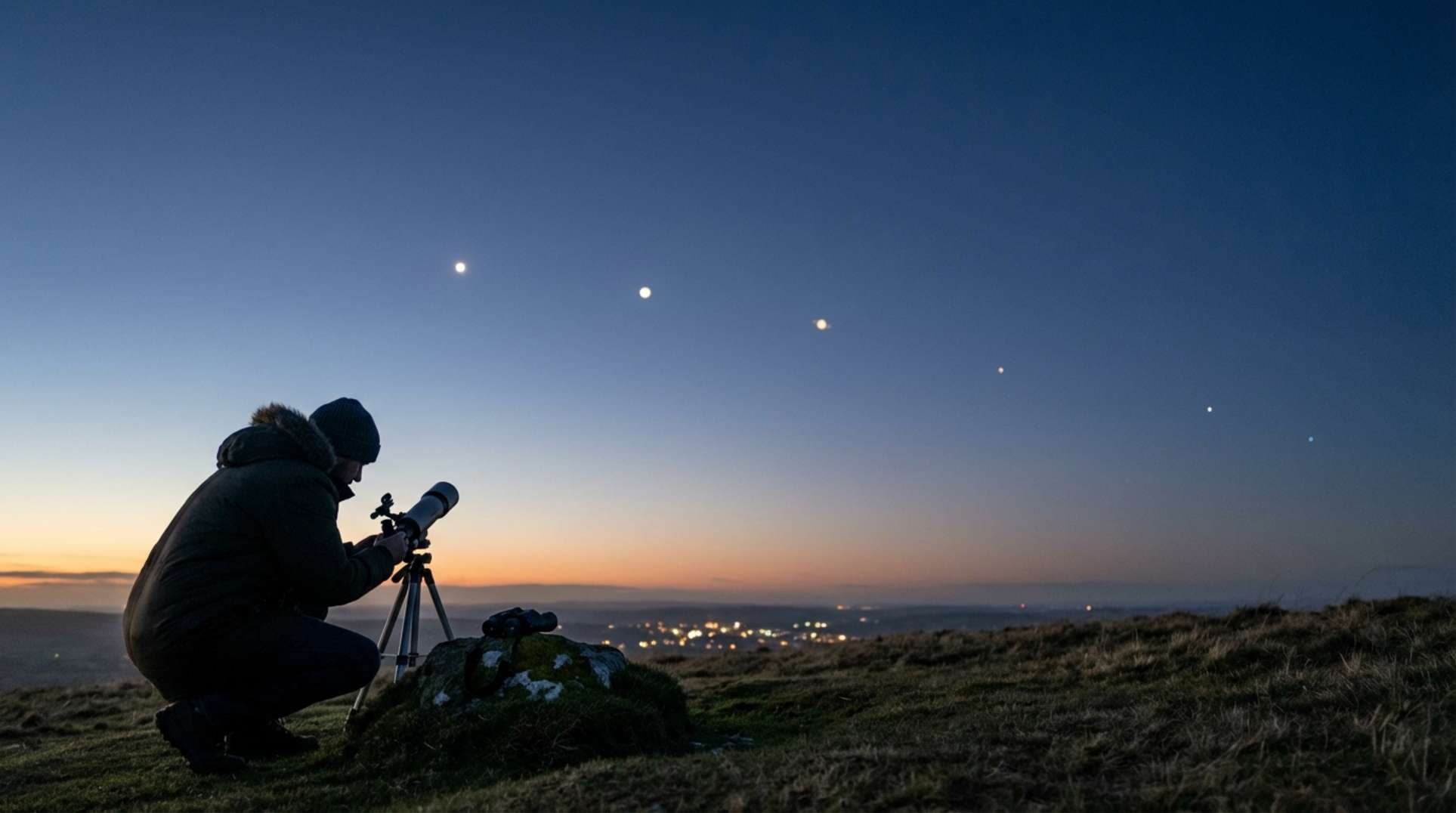On December 13, 2018, the hacking group Anonymous made headlines once again with a shocking leak that stirred discussions across the internet. This time, the focus was on a set of emails allegedly obtained from a Freedom of Information Act request directed at the U.S. State Department. The emails contained a bizarre request for information regarding the resurrection chamber of Gilgamesh, the ancient Sumerian king, along with details about his body and the burial sites of the Nephilim, beings described in the Bible as giants or fallen angels.
Key Takeaways
- Anonymous leaked emails from the U.S. State Department.
- The emails requested information about Gilgamesh’s resurrection chamber.
- Speculation arose about government knowledge of ancient artifacts.
- The Nephilim were also mentioned, adding to the intrigue.
The leaked information quickly captured the imagination of people worldwide. It reignited old myths and led to speculation that the U.S. government might be aware of long-lost knowledge or artifacts that could reshape human history. The idea that the government could possess information about Gilgamesh and the Nephilim has proven too tantalizing for many to ignore.
Anonymous, known for its decentralized structure and activist activities, has historically focused on exposing government and corporate secrets. However, this leak was unusual, even by their standards. It wasn’t just a release of classified emails related to political affairs or corporate misconduct; it delved into ancient mysteries and mythology, realms not typically associated with governmental transparency.
The leaked email allegedly detailed a request from an unnamed individual or group for documents about a resurrection chamber supposedly linked to Gilgamesh. According to ancient Sumerian mythology, Gilgamesh was a demigod king whose epic tale is one of the oldest surviving pieces of literature. His exploits involve numerous feats of heroism, encounters with gods, and a quest for immortality.
The Resurrection Chamber
- Gilgamesh’s Legacy: Gilgamesh was 2/3 god and 1/3 man, and his story is a cornerstone of ancient literature.
- No Known References: There is no known reference in Sumerian or Babylonian mythology to a resurrection chamber.
- Speculative Theories: The idea intrigues those who believe ancient civilizations possessed knowledge or technologies beyond current understanding.
The mention of the Nephilim in the leaked email only added to the intrigue. These beings are often described in biblical texts as a hybrid race, half divine and half human, existing before the great flood. Some theories suggest that the Nephilim were involved in constructing ancient megalithic structures using advanced technology or knowledge that has since been lost.
For many, the leak seemed to validate long-standing beliefs that governments and powerful organizations are privy to knowledge about ancient civilizations and extraterrestrial beings that they deliberately withhold from the public. The reference to Gilgamesh raised eyebrows, as he was the king of Uruk, a city-state in ancient Mesopotamia, and his exploits are recounted in the Epic of Gilgamesh, dating back to the third millennium BCE.
The Nephilim Connection
- Biblical Origins: The Nephilim are mentioned in the Book of Genesis as the offspring of the sons of God and the daughters of men.
- Hybrid Race: They are often interpreted as giants or fallen angels, fascinating theologians and historians alike.
- Lost Knowledge: The idea that the U.S. government might possess information about their burial sites is both shocking and affirming for conspiracy theorists.
The question of why the U.S. State Department would be involved in such a search adds another layer of mystery. Some speculate that the email may have been part of a secret project or investigation into ancient artifacts and beings, while others suggest it could be linked to ongoing efforts to uncover ancient technologies or knowledge that could profoundly impact modern science and politics.
The Freedom of Information Act request, if genuine, suggests that certain factions within the government may indeed be exploring topics that many are unaware of. The idea that the U.S. government would be interested in Gilgamesh’s resurrection chamber or the burial sites of the Nephilim implies a broader investigation into humanity’s ancient past and the potential existence of lost knowledge or artifacts.
Cultural Heritage and Repatriation
- Return of Artifacts: In recent years, U.S. officials have made significant efforts to return stolen antiquities looted from Iraq during conflicts.
- Cultural Significance: The return of these artifacts highlights the importance of preserving cultural heritage and the devastating impact of looting.
- Diplomatic Gesture: The repatriation of items like cylinder seals and clay tablets symbolizes accountability and cooperation between nations.
The looting of Iraq’s antiquities became widespread during and after the 2003 U.S.-led invasions. Thousands of priceless artifacts documenting the earliest developments of human civilization were stolen, destroyed, or sold on the black market. Recognizing the magnitude of the loss, U.S. authorities have played a role in repatriating looted Iraqi antiquities, working closely with Iraqi officials.
One significant return occurred in 2021 when the U.S. government repatriated over 17,000 artifacts to Iraq, marking one of the largest returns of looted cultural property in history. These efforts not only help restore Iraq’s historical narrative but also bring some measure of justice for the destruction caused by war and looting.
Conclusion
The leak by Anonymous regarding the U.S. government’s interest in the resurrection chamber of Gilgamesh and the burial sites of the Nephilim has sparked a whirlwind of speculation and intrigue. While skeptics may dismiss such claims as baseless, the idea that powerful institutions have been hiding information about humanity’s origins and advanced ancient technologies resonates with many. As we continue to explore our past, the intersection of mythology, history, and modern governance remains a captivating subject worthy of further investigation.




